What Makes Hair Turn Brittle After Swimming?
Swimming is a great way to stay active, relax your mind, or cool off during the warmer months. But if you've ever noticed that your hair feels dry, rough, or straw-like after swimming, you're not alone. That brittle feeling is pretty common among swimmers, no matter how often you hit the pool. Chlorine, saltwater, and even the sun play a role in shifting your hair from smooth and shiny to dry and weak.
The good news is that brittle hair after swimming isn’t just something you have to live with. When you understand what’s causing the damage and build a better hair care routine around your swim habits, it’s totally possible to keep your strands strong and soft. Whether you’re doing laps, attending water aerobics, or taking your kids to the pool, knowing what’s drying out your hair helps you figure out how to protect it better.
Understanding Why Hair Turns Brittle
When your hair turns brittle, it usually means it’s been stripped of its natural moisture. For swimmers, chlorine is one of the biggest culprits. Pools rely on chlorine to kill off harmful bacteria and keep the water clean, which is great for health and safety, just not so great for your hair. Chlorine clings to your strands and breaks down the protective oils that make hair feel smooth and hydrated. Without those oils, your hair becomes more fragile, dull, and likely to snap.
Saltwater isn’t off the hook either. If you swim in the ocean frequently, that high salt content can suck the moisture right out of your hair. It acts like a sponge, pulling hydration away and leaving the strands parched. Combine that with sun exposure or heat styling after your swim, and your hair doesn’t really get a break.
Over time, continued exposure without proper care leads to even more damage. Hair becomes porous, making it harder to hold moisture. The texture changes. You might deal with more knots, more frizz, and in some cases, breakage that keeps your hair from growing the way it normally would. It's especially noticeable in people with color-treated or processed hair, since those strands are already more delicate.
Even something as simple as skipping a rinse after swimming can make things worse. Leaving chlorine on your scalp for hours after a pool session allows it more time to work through the outer layers of your hair, pushing deeper into the shaft.
The signs of swimmer’s hair aren't always immediate, though. Sometimes, it shows up gradually. And by the time it feels brittle, the damage may already be in motion.
The Importance of Pre-Swim Hair Care
Most people think about washing and treating their hair after they're done swimming. But what you do before you even get in the water can make a big difference. Creating a habit around pre-swim care helps reduce the amount of damage you’ll deal with on the back end.
Here are a few simple things that can help:
1. Wet your hair before you swim. Hair works somewhat like a sponge. If it’s already soaked in clean water, it won’t absorb as much chlorine or saltwater.
2. Use a pre-swim hair protectant. These can form a light barrier between your strands and the chemicals in the water. Think of it like a shield that helps limit how much your hair soaks in.
3. Wear a swim cap. Not everyone loves the feel of them, but they’re one of the most effective tools when it comes to keeping your hair guarded while swimming.
Something as easy as running your head under a shower before you jump in can prep your hair for what’s coming. The cleaner and more hydrated your hair is before swimming, the less likely it is to absorb damaging chemicals. Over time, those small actions before a swim can seriously cut down on how dry or brittle your hair feels later.
Effective Post-Swim Hair Care Tips
What you do after your swim is just as important as what you do before getting in the water. Once you're out of the pool or ocean, your hair needs help getting back to its normal state. That means rinsing away chlorine or salt as fast as possible and replenishing moisture right away.
Start by rinsing your hair thoroughly with fresh water. Don't wait around in your suit with damp hair heavy from salt or chemicals. Even a quick rinse in clean water can go a long way in stopping the dryness from getting worse. If you have access to a shower at your swim location, use it. If not, pack a bottle of fresh water in your bag so you can do a rinse on the go.
Next, follow up with a gentle shampoo made specifically to remove chlorine or saltwater. These shampoos are designed to break down the residue without being too harsh. Regular shampoos don’t always do a great job at removing chlorine, and some can strip the hair even more.
After shampooing, use a conditioner that deeply hydrates and helps replenish what your hair’s lost. Look for ingredients that focus on moisture and repair. If your hair feels especially dry, try applying a leave-in conditioner or a recovery mask once or twice a week to give it extra care.
Think of post-swim hair care like cooling down after a workout. You wouldn't just stop exercising and skip straight to bed. Your hair needs that same gradual care to stay in good condition, especially if you're spending time in chlorinated or salty water on a regular basis.
Best Hair Products for Swimmers
If you're swimming a lot, regular shampoo and conditioner might not cut it. Some products are made with swimmers in mind and do a much better job at protecting your hair and bringing it back to life after time in the water. Look for ones that target chlorine and salt buildup. A few key things to check for on labels:
1. Chlorine-removal shampoos. These are made to wash out chlorine and impurities without drying you out further. They leave the hair feeling refreshed instead of stripped.
2. Deep moisture conditioners. After removing the chlorine, these help replace what your hair has lost during swimming. They’re thicker than everyday conditioners and are packed with ultra-hydrating ingredients.
3. Leave-in treatments and recovery masks. Great if your hair needs extra softness or is damaged from heavy exposure. These sit on the hair longer and help strengthen it over time.
4. Pre-swim hair shields. These are light conditioners or sprays you use before swimming that act like a barrier between chlorine and your strands.
The best hair products for swimmers are the ones that tackle both the problem and the recovery. You want something that removes chlorine and salt without damaging your hairstyle or drying your scalp. If you swim daily or even just a few times a week, building up a routine using these kinds of products can make a noticeable difference in how your hair feels.
How to Keep Hair from Feeling Like Straw Again
Getting rid of brittle hair after swimming doesn't mean you need to avoid the water. It just means paying attention to the little things. Prepping your hair, rinsing it quickly, and using smart products can help you swim more often without the downside of dry, straw-like strands. The more regular your care routine becomes, the easier it gets to manage, even during back-to-back pool days.
Swimming should feel relaxing, not stressful, because of what it might do to your hair. If you’re already doing the hard work of staying active, why not give your hair the backup it needs to stay healthy, too? Taking a few simple steps before and after each swim can keep your hair stronger, softer, and looking the way you want it to, no matter how much time you spend in the water.
Make swimming even more enjoyable with healthy, luscious hair that stays protected no matter how often you dive into the pool. Discover the benefits of using the right products, including the best hair products for swimmers, that help wash away pool chemicals and bring back softness. TRIHARD offers solutions made for people who want hair that feels clean, hydrated, and easy to manage after every swim.


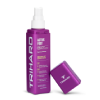



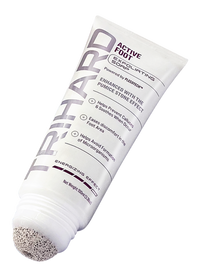



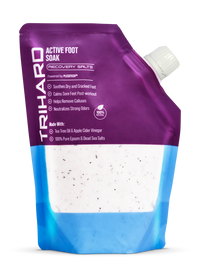






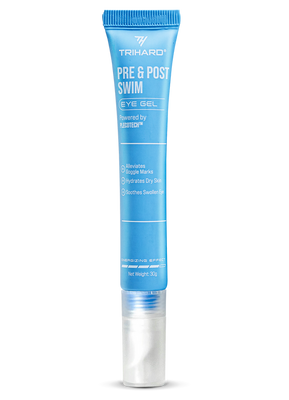





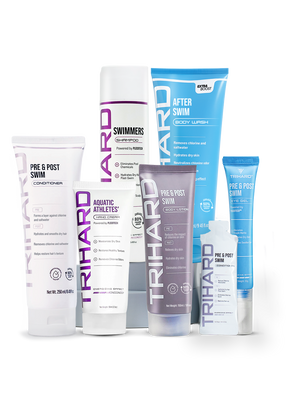







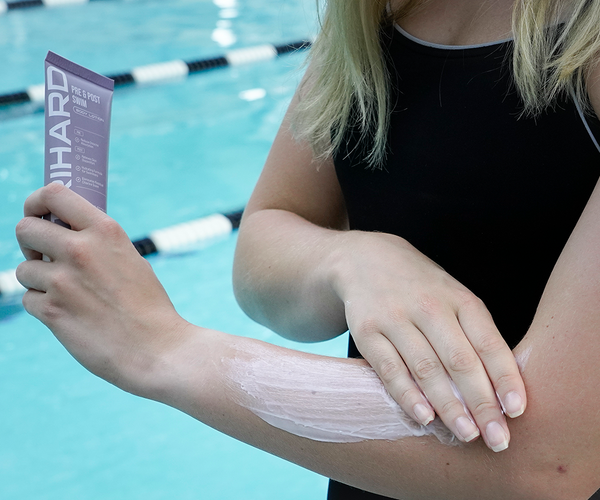

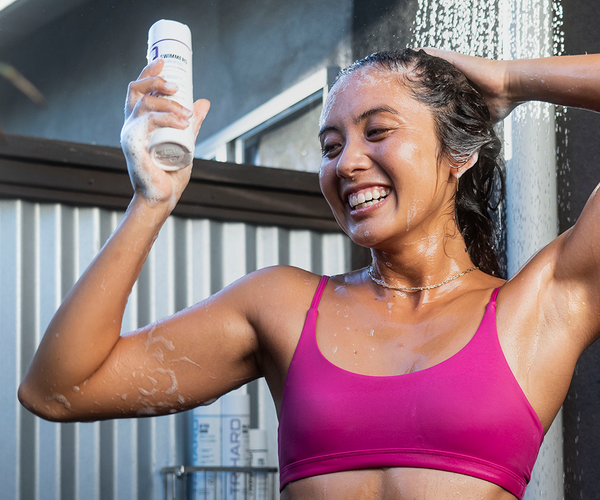
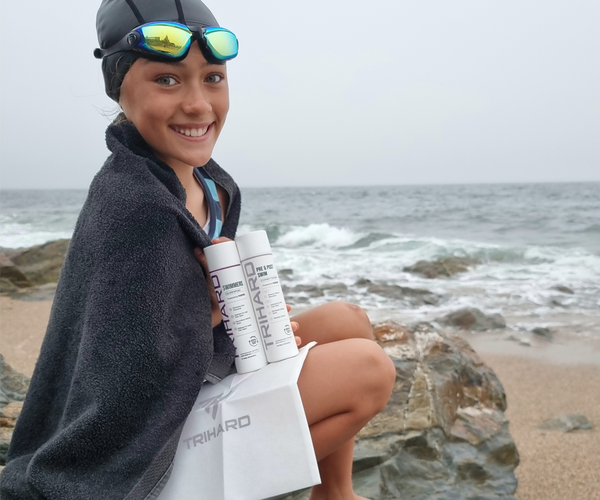
Leave a comment